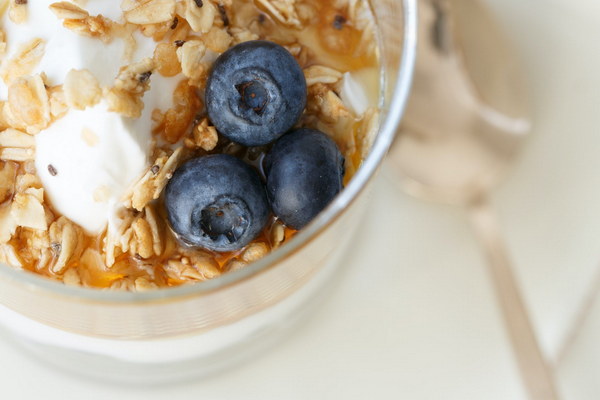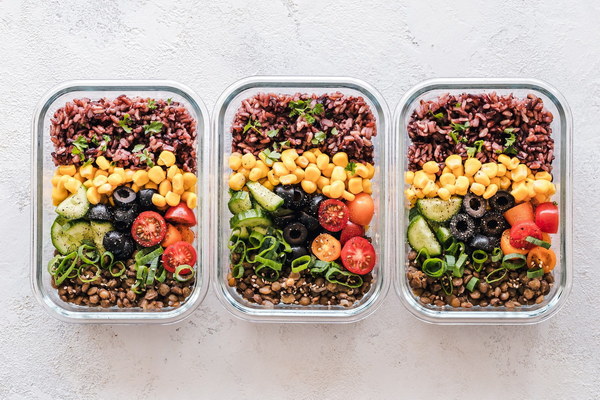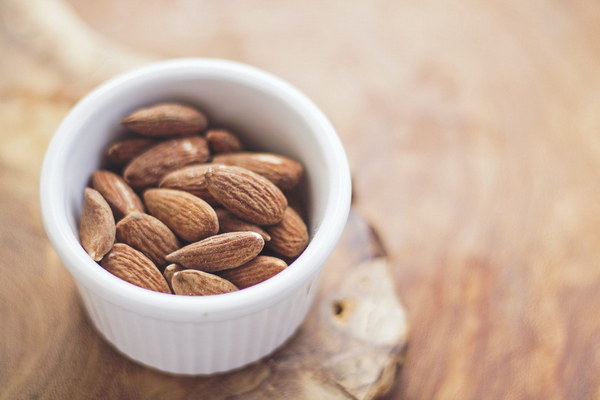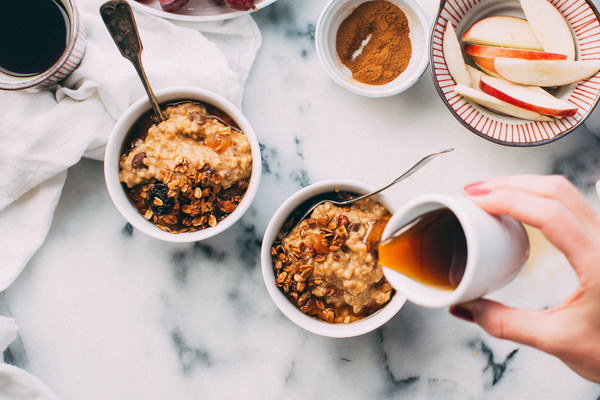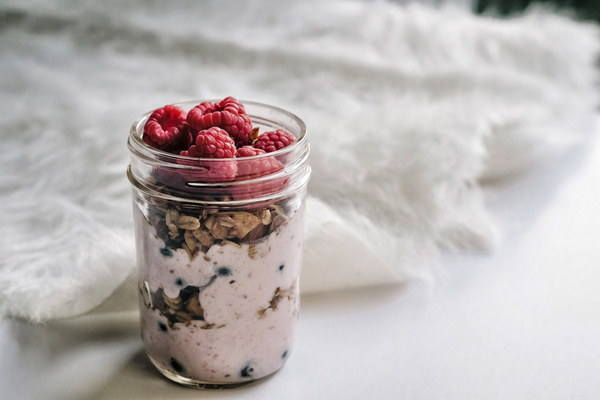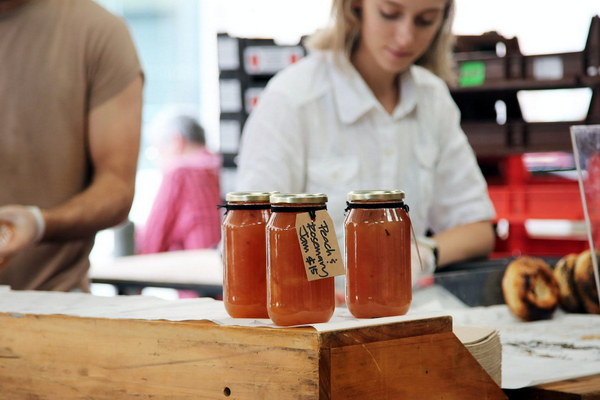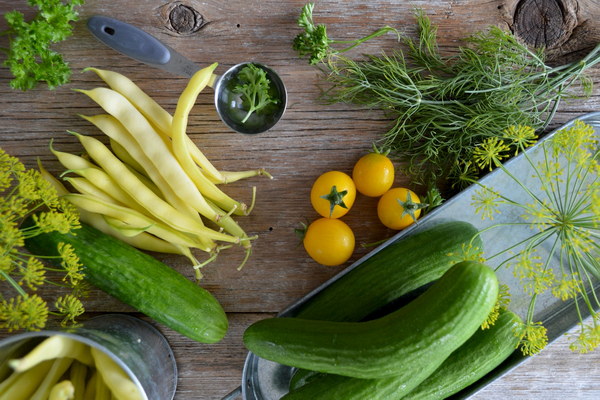Unlocking the Secrets What to Take for Blood and Qi Improvement
In the realm of traditional Chinese medicine, the concept of blood and qi plays a pivotal role. Blood, often referred to as xue in Chinese, is the substance that nourishes and protects the body, while qi, or qi (pronounced chee), is the vital energy that flows through the body, maintaining its balance and harmony. When either blood or qi is deficient, it can lead to a variety of health issues. So, what should one take to restore blood and qi? Let's delve into the secrets of traditional remedies that can help you achieve this balance.
1. Chinese Herbs
Chinese herbs have been used for centuries to address imbalances in blood and qi. Here are some key herbs that are commonly prescribed:
a. Angelica Sinensis (Danggui): Known for its ability to invigorate blood and alleviate pain, Danggui is often used to treat anemia, menstrual cramps, and fatigue.
b. Codonopsis Pilosula (Dangshen): This herb is renowned for its qi-enhancing properties. It is commonly used to boost energy levels and combat fatigue.
c. Astragalus (Huangqi): This root is a powerful immune booster and energy restorer. It is often used in combination with other herbs to treat weakness and fatigue.
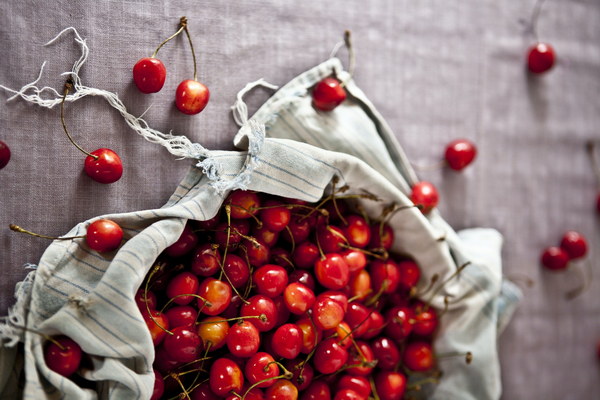
d. Ligusticum Chuanxiong (Chuanxiong): This herb is used to invigorate blood and relieve pain, making it an effective treatment for headaches, dizziness, and menstrual cramps.
e. Pueraria Lobata (Ge Gen): Known for its blood-nourishing properties, Ge Gen is often used to treat anemia, palpitations, and night sweats.
2. Foods
In addition to herbal remedies, certain foods can help restore blood and qi. Here are some foods that are known for their blood-boosting and qi-enhancing properties:
a. Red meats: Beef, lamb, and pork are rich in iron, which is essential for producing red blood cells.
b. Dark leafy greens: Foods like spinach, kale, and collard greens are packed with iron, calcium, and vitamin C, which aid in the absorption of iron.
c. Legumes: Beans, lentils, and chickpeas are excellent sources of iron, fiber, and protein, making them ideal for boosting blood and qi.
d. Nuts and seeds: Almonds, walnuts, sunflower seeds, and pumpkin seeds contain iron, magnesium, and zinc, which are essential for blood and qi health.
e. Fruits: Berries, apples, and citrus fruits are rich in vitamin C, which helps the body absorb iron from food.
3. Acupuncture and Tai Chi
Acupuncture and Tai Chi are two traditional practices that can help restore balance to your body's blood and qi. Acupuncture involves inserting fine needles into specific points on the body to stimulate the flow of qi, while Tai Chi is a form of gentle, flowing exercise that promotes relaxation and balance.
4. Lifestyle Changes
In addition to herbal remedies, foods, and practices, making certain lifestyle changes can also help improve blood and qi:
a. Regular exercise: Physical activity helps boost your body's overall energy levels and promotes the flow of qi.
b. Adequate sleep: A good night's sleep is essential for maintaining healthy blood and qi levels.
c. Stress management: Chronic stress can deplete your body's energy reserves, so it's important to find ways to manage stress, such as meditation, deep breathing exercises, or spending time in nature.
In conclusion, restoring blood and qi is an essential part of maintaining overall health and well-being. By incorporating Chinese herbs, foods, practices like acupuncture and Tai Chi, and making lifestyle changes, you can achieve a balanced state of health and vitality. Remember, it's important to consult with a healthcare professional before starting any new treatment or making significant changes to your diet or lifestyle.
